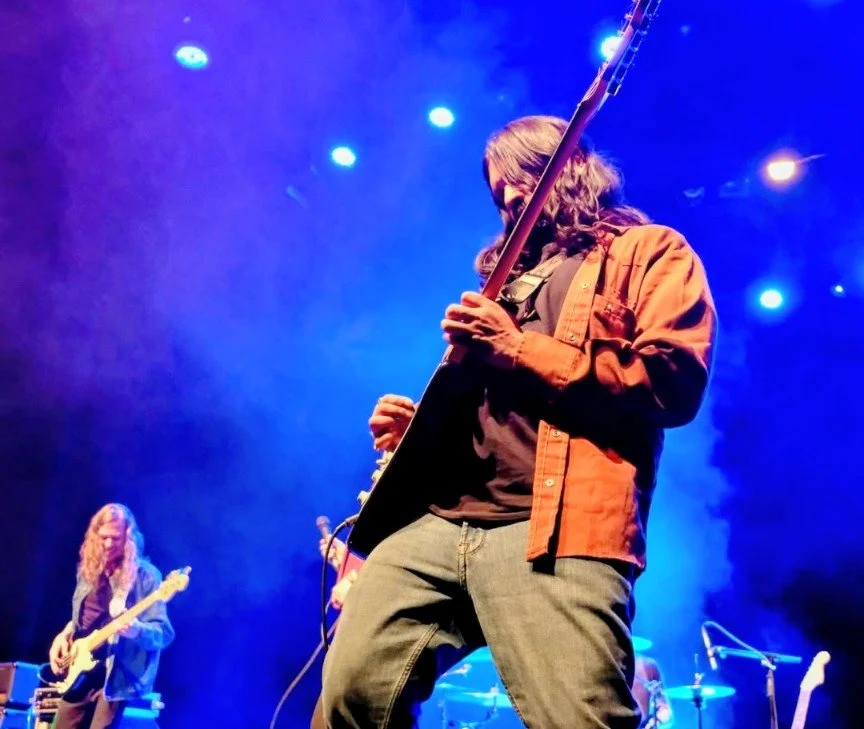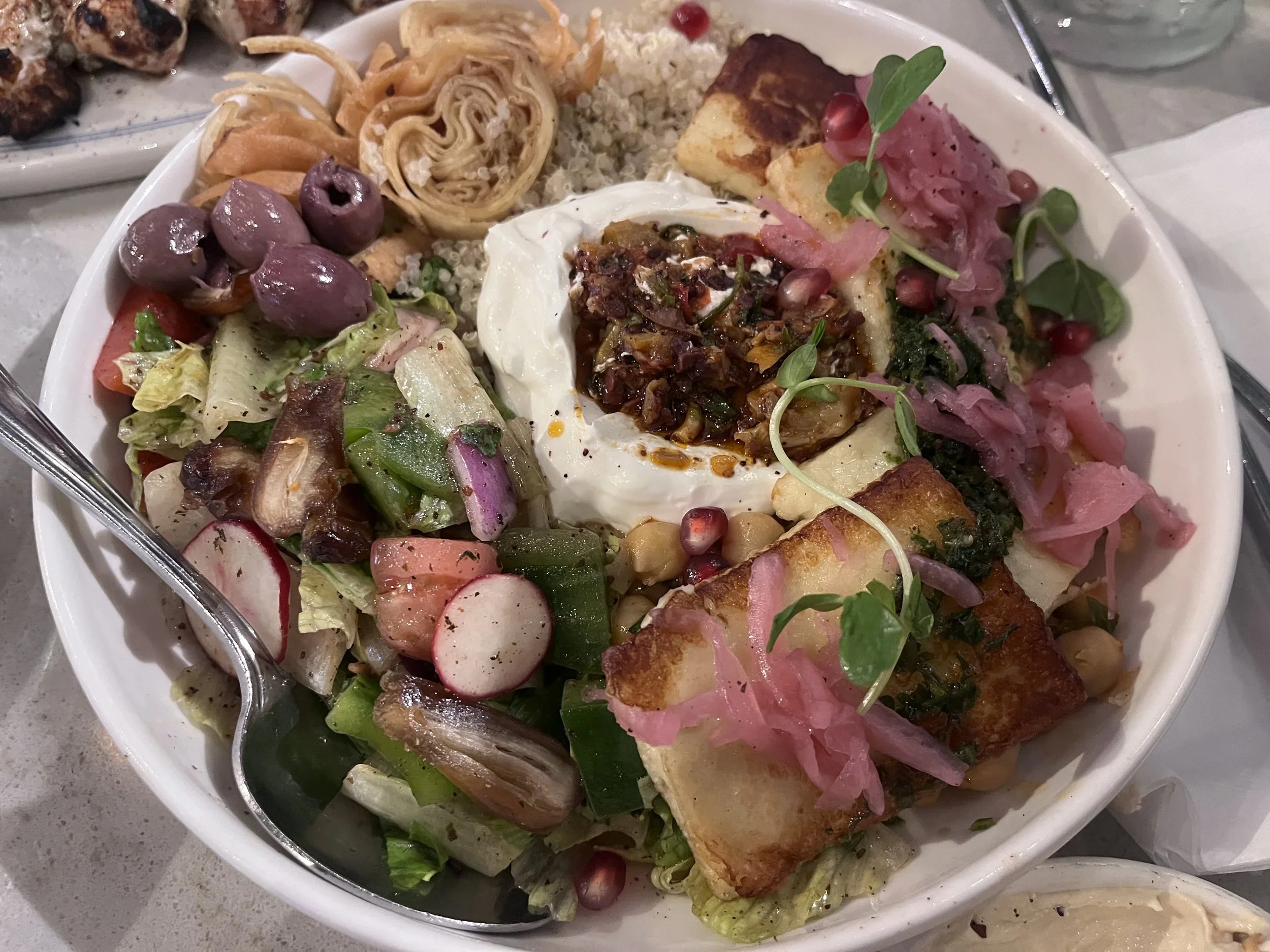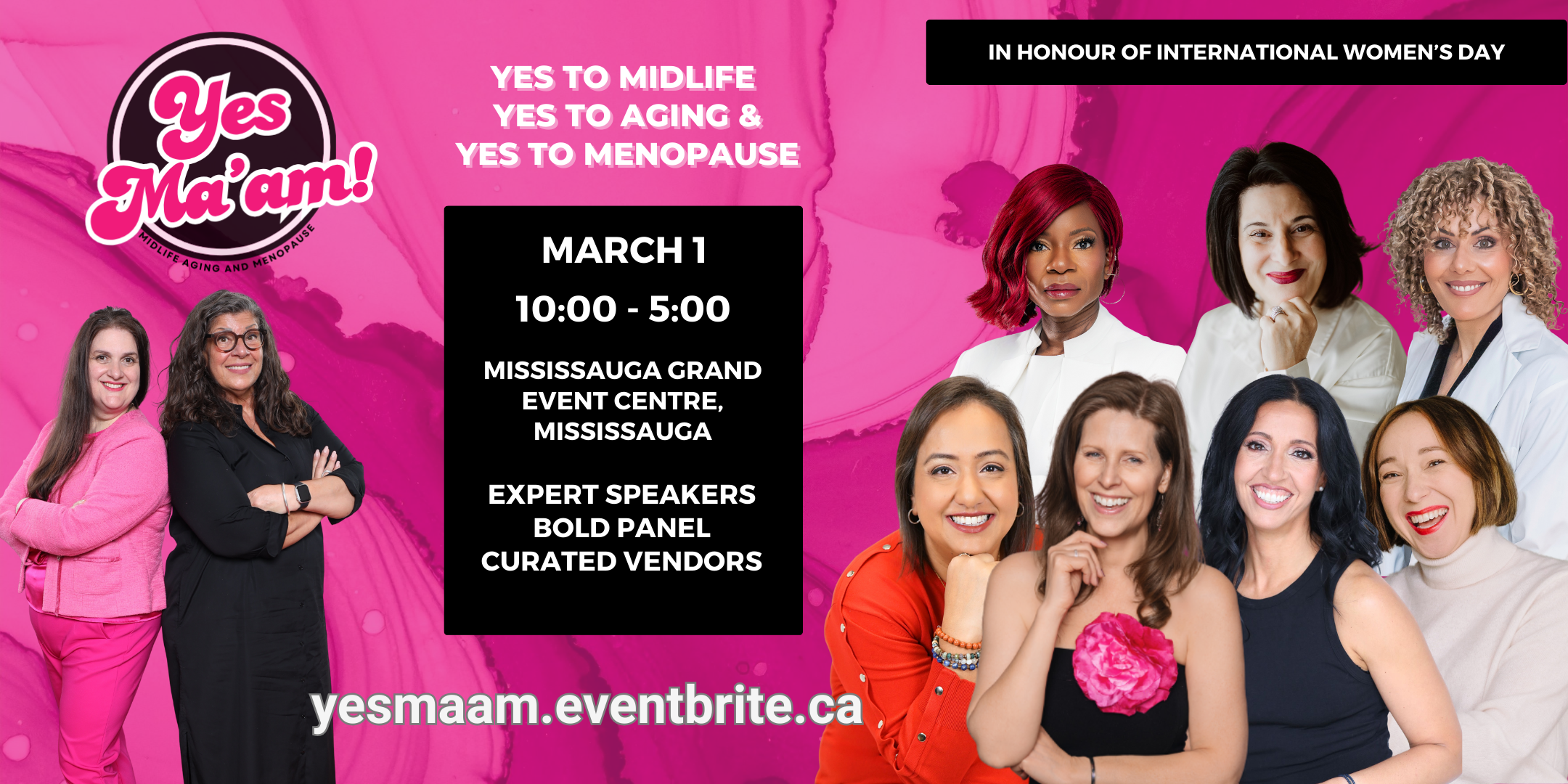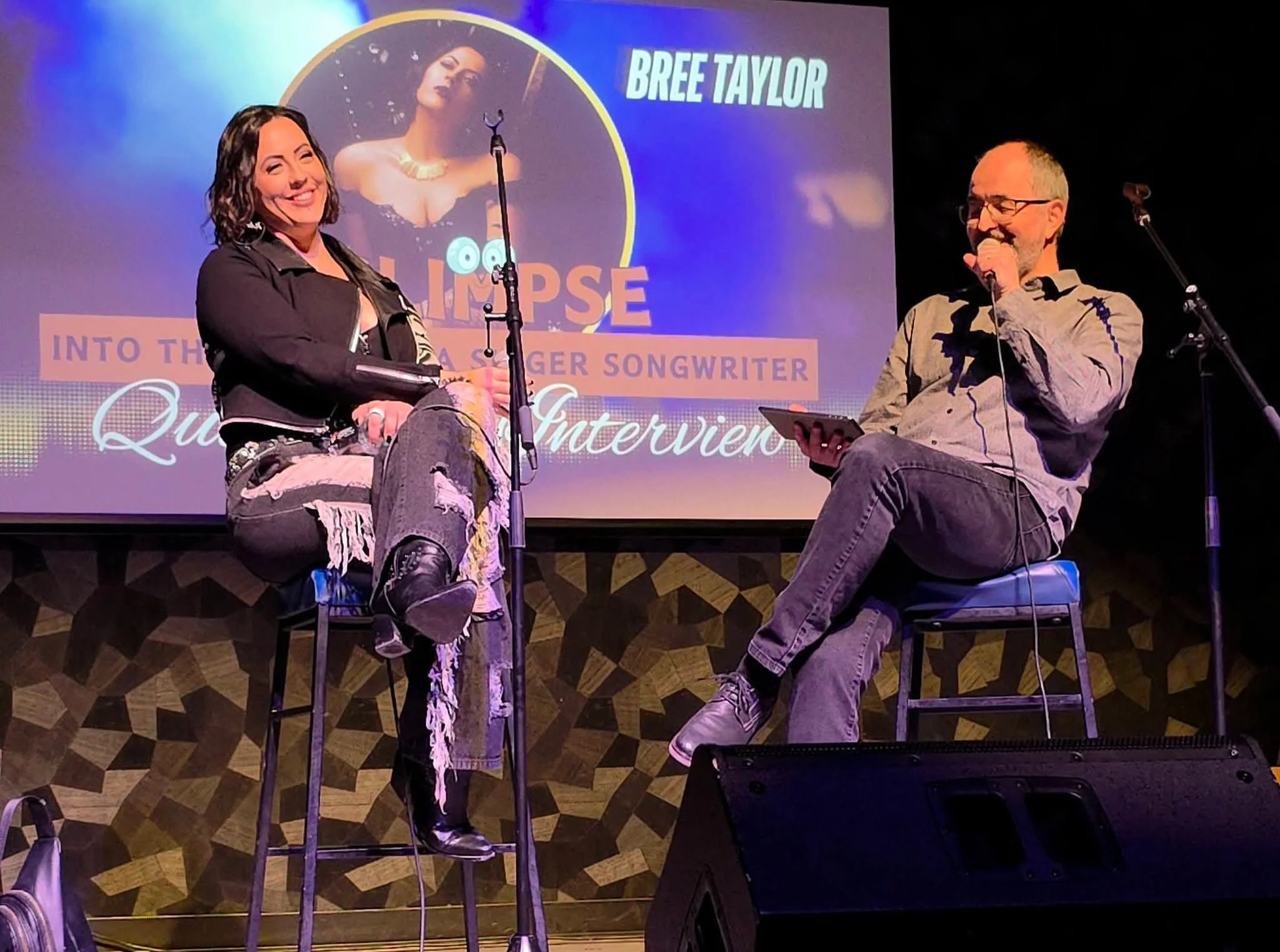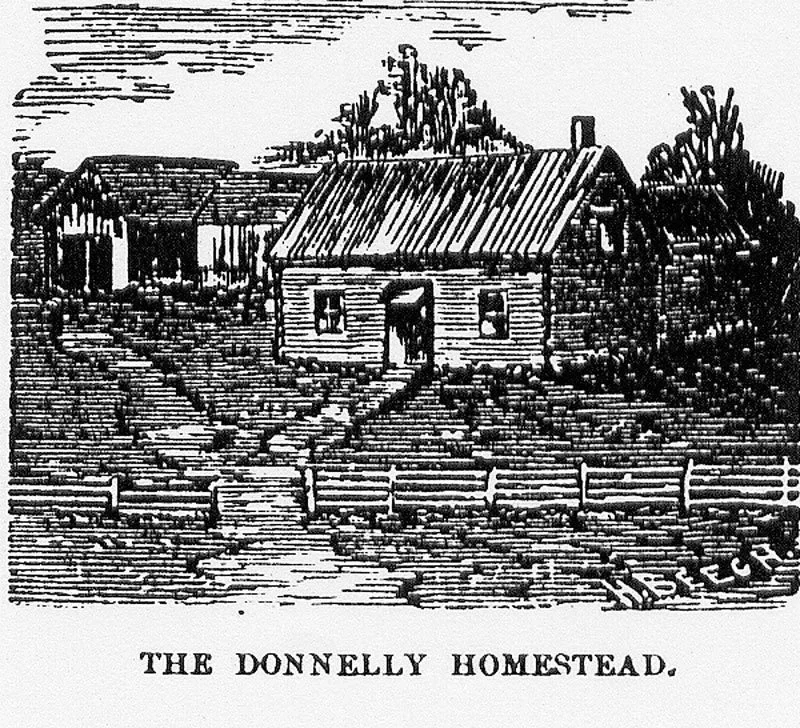From chaos to Canada - The story of Syrian refugee brothers
/Abdulla Saad volunteering to help clean up in a devastated neighbourhood in Homs, Syria.
This year, Canadians all around the country celebrated our nation’s 151st birthday. Fireworks and loud music blaring through speakers at city squares around Canada punctuated the night’s end. Though the nation’s history has been spotted with issues, we have evolved into a country that embraces diversity and welcomes people of all ethnic and racial types into the cultural mosaic that is Canada.
Nowhere is this better seen than Mississauga. We have Hindu temples across the street from Coptic churches, Vietnamese restaurants bordering Jamaican diners, and an overall population that can be seen as a microcosm of the world’s ethnicities. We’ve also been quite welcoming of those in plight in their native lands.
Abdulla Saad, a Syrian refugee and friend of mine, was accepted into Canada two years ago along with his family. In my years since I’d met him, I went on trips to Tobermory with him and his newfound friends, helped him serve the marginalized at a soup kitchen downtown, and even met a few stars from a distance at TIFF (he and his brother Kamal were very excited to see Jennifer Garner). But aside from knowing he was a refugee working as an Uber driver, I knew nothing about him. I sat down with him and his brother Kamal recently to learn about their backstory and their home country.
Back home, Abdulla was a university student studying math in a relatively peaceful Syria before the war broke out in his country. The warnings of war whispered through Syria as other parts of the Middle East rose against their leaders. Within two years, the whispers turned to protests and Syria had fallen into civil war. The sound of gunfire grew normal as gunshots became car bombs and buildings fell to rubble with shattered steel frameworks standing in their place.
Abdulla and Kamal Saad
“Children, instead of playing, their game was who gathers more bullets,” Kamal told me. He went on to recall a story of a time he had to go to a private English class on another side of a busy street guarded by a sniper. He waited until the bullets subsided for a few minutes and ran across as quick as he could. He heard the quick wisp of passing bullets aimed at him as he crossed.
As for Abdulla, he spent his days volunteering for the Red Cross and his church, helping to situate refugees who arrived to his area, gathering basic living supplies for them and cleaning up the debris and broken pieces that became Syria during the civil war.
Abdulla, Kamal and their family knew it was time to leave when ISIS had taken over Palmyra, the ancient city just a few hours away from their home. They applied for refugee status in Canada and obtained clearance eight months later.
As I sat across from the two brothers listening to them recount their stories, I couldn’t help but appreciate my adopted country. I’ve lived in comfort so long that I’ve never stopped to dissect the idea that the people I see in two dimensions on my newsfeed, the pointed guns and tanks and broken streets and shrapnel and homes devastated by falling steel that shattered lives, they exist. Canada is full of these people, many of them once doctors, engineers and math majors, many of them now not in the field of work they were trained in.
Coming from an immigrant family myself, I’d gained a deeper appreciation for newcomers to this country.
Mina Athanassious is an Egyptian Canadian writer hailing from Mississauga, Ontario.
He received his MFA in Creative Writing from Lesley University in Cambridge, Massachusetts and has a book of short stories, entitled A Face Like the Moon, coming in September 2018.
He works as an Intervention Support Worker, assisting persons with mental and physical handicaps with their academic endeavors and in his spare time, Mina writes and hangs out with street folk.
www.MinaAthanassious.com




